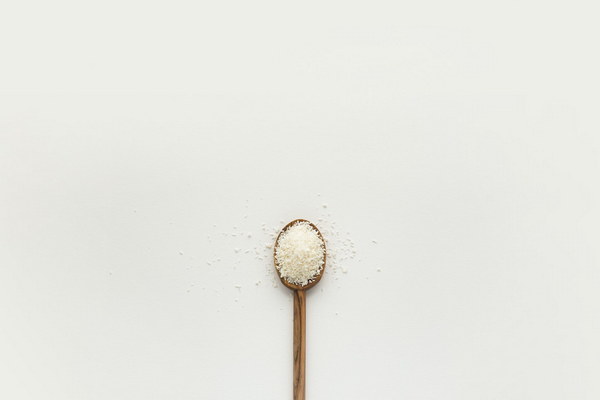Eating Your Way to Pain Relief The Surprising Health Benefits of Food-Based Aspirin Alternatives
The Surprising Health Benefits of Food-Based Aspirin Alternatives
In the quest for natural remedies and holistic health, many individuals are turning to food-based alternatives to traditional medications like aspirin. While aspirin has been a staple in pain management and cardiovascular health for decades, some are seeking out safer, more natural options. Enter the concept of food-based aspirin, which promises similar benefits without the potential side effects. Let's delve into the world of food-based aspirin alternatives and how they can be incorporated into a balanced diet.
What is Food-Based Aspirin?

Food-based aspirin refers to natural substances found in various foods that have anti-inflammatory and pain-relieving properties similar to those of aspirin. These compounds are often referred to as natural anti-inflammatories or natural NSAIDs (non-steroidal anti-inflammatory drugs). While they may not be as potent as prescription aspirin, they can provide relief for mild to moderate pain and inflammation without the risk of gastrointestinal bleeding or other aspirin-related side effects.
Top Food-Based Aspirin Alternatives
1. Turmeric
- Rich in curcumin, a compound with powerful anti-inflammatory properties, turmeric has been used for centuries in traditional medicine. It can be added to dishes like curries, soups, and smoothies to enjoy its health benefits.
2. Ginger
- Known for its anti-inflammatory and pain-relieving properties, ginger can be consumed fresh, dried, or in supplement form. It's a versatile spice that can be added to teas, soups, or even baked goods.
3. Fish Oils
- Omega-3 fatty acids found in fish oils have been shown to reduce inflammation and lower the risk of heart disease. Fish like salmon, mackerel, and sardines are excellent sources of these beneficial fats.
4. Flaxseeds and Chia Seeds
- Both flaxseeds and chia seeds are rich in omega-3 fatty acids and have been linked to reduced inflammation. They can be sprinkled on salads, added to smoothies, or mixed into yogurt.
5. Green Tea
- Green tea contains compounds called catechins, which have anti-inflammatory effects. Enjoy a cup of green tea daily to reap its health benefits.
6. Vitamin E
- Found in nuts, seeds, and vegetable oils, vitamin E is a powerful antioxidant that can help reduce inflammation. It's also available as a supplement, but it's best to obtain it from food sources whenever possible.
Incorporating Food-Based Aspirin into Your Diet
To benefit from food-based aspirin alternatives, consider the following tips:
- Add Spices and Herbs: Incorporate spices like turmeric, ginger, and turmeric into your meals for a flavorful and healthy addition.
- Include Omega-3-Rich Foods: Aim to consume at least two servings of fatty fish per week or consider a fish oil supplement.
- Eat a Variety of Fruits and Vegetables: Many fruits and vegetables, such as berries and leafy greens, contain antioxidants and anti-inflammatory compounds.
- Stay Hydrated: Drinking plenty of water can help reduce inflammation and support overall health.
- Limit Processed Foods: Processed foods are often high in unhealthy fats and sugars, which can exacerbate inflammation.
Conclusion
Food-based aspirin alternatives offer a natural, non-prescription option for managing pain and inflammation. By incorporating these foods into your diet, you can potentially reduce your reliance on traditional medications and enjoy a healthier lifestyle. Remember that while these alternatives may be beneficial for mild to moderate pain and inflammation, they are not a substitute for medical advice or treatment for severe conditions. Always consult with a healthcare professional before making significant changes to your diet or treatment plan.









